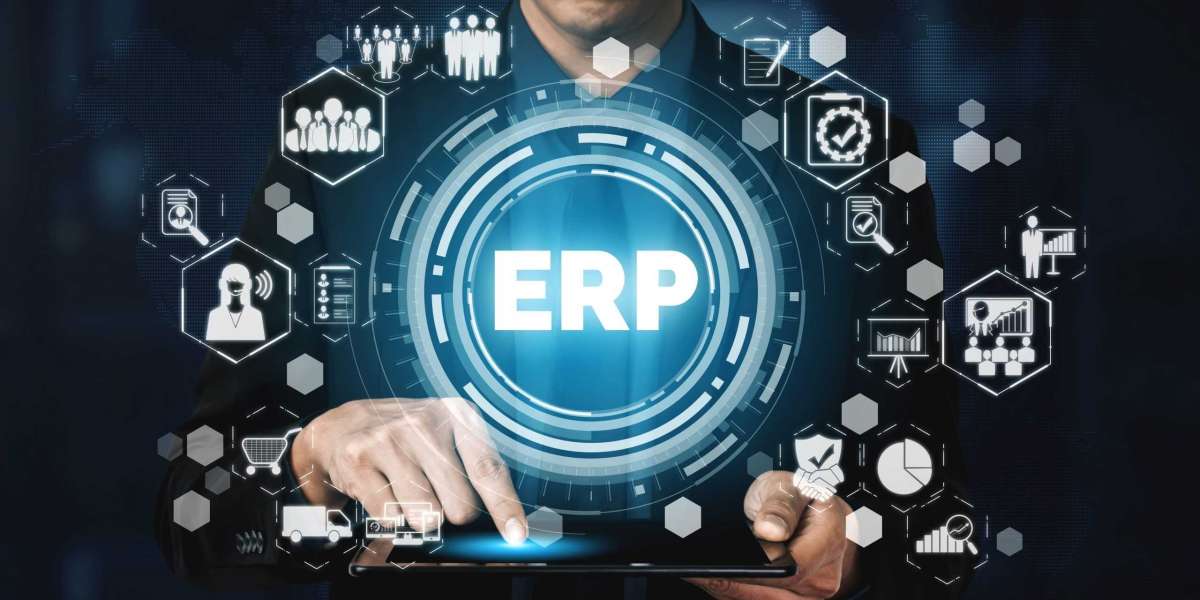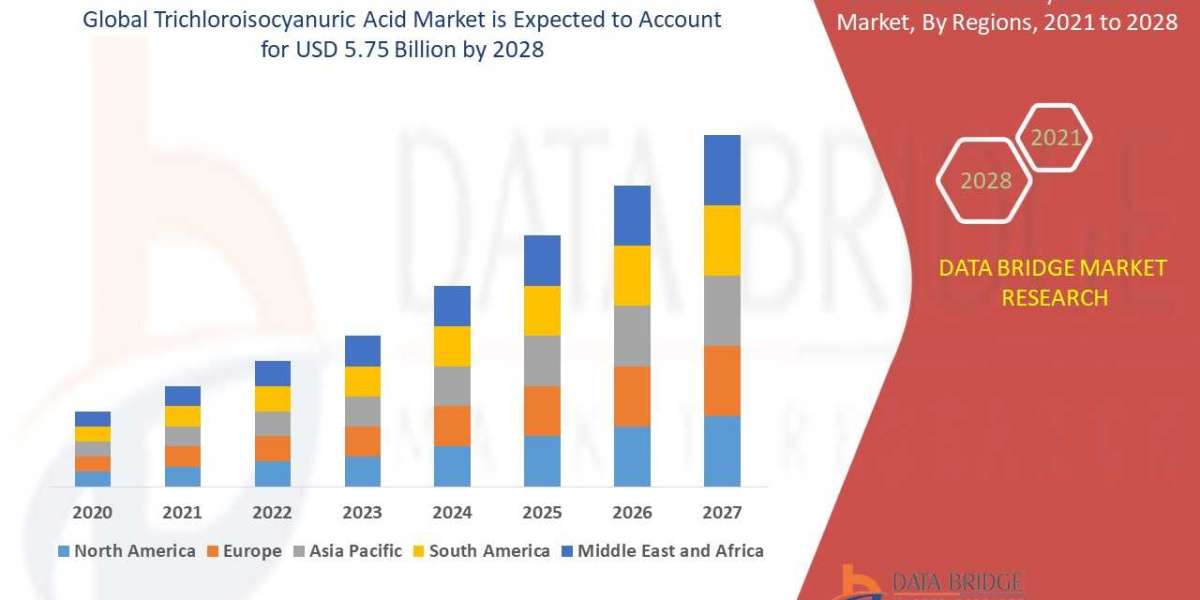In today's fast-paced business environment, organizations must constantly seek ways to enhance productivity, reduce operational costs, and adapt to changing market dynamics. Enterprise Resource Planning (ERP) solutions have emerged as a pivotal tool to achieve these objectives. ERP systems offer a comprehensive and integrated approach to managing various business functions, facilitating seamless communication across departments and providing data-driven insights to drive informed decision-making with ERP system.
What is ERP?
Enterprise Resource Planning (ERP) is a software solution that integrates and automates an organization's core business processes. These processes include accounting, human resources, inventory management, supply chain management, customer relationship management, and more. ERP systems create a unified platform that allows data to flow seamlessly between different departments, eliminating data silos and improving collaboration.
Key Features of ERP Solutions:
Centralized Data Management: ERP systems store all critical data in a single database, ensuring data consistency and accuracy across the organization.
Process Automation: ERP automates routine tasks, reducing manual effort and the risk of errors. This enhances operational efficiency.
Real-time Data Access: ERP provides real-time access to business data and analytics, enabling faster decision-making.
Improved Customer Service: Customer relationship management modules in ERP solutions help organizations better understand and serve their customers.
Enhanced Supply Chain Management: ERP systems optimize inventory management, reducing carrying costs and ensuring timely deliveries.
Benefits of Implementing ERP:
Increased Efficiency: ERP streamlines operations, leading to improved productivity and reduced operational costs.
Data-Driven Decision Making: Access to real-time data and analytics enables organizations to make informed decisions.
Better Customer Relationships: ERP solutions provide tools for managing and analyzing customer interactions, leading to improved customer satisfaction.
Enhanced Compliance: ERP systems often come with features that help organizations meet regulatory requirements.
Scalability: ERP solutions can adapt to an organization's changing needs and growth.
Challenges in ERP Implementation:
Cost and Complexity: ERP implementation can be expensive and complex, requiring careful planning and resource allocation.
Change Management: Employees may resist changes in their workflow, necessitating a well-planned change management strategy.
Data Migration: Migrating data from existing systems to the ERP can be challenging, as it requires data cleaning and transformation.
Conclusion:
ERP solutions are a critical tool for modern businesses seeking to streamline their operations, improve efficiency, and stay competitive. While implementing an ERP system may come with its challenges, the long-term benefits of improved productivity, better decision-making, and enhanced customer relationships make it a wise investment for organizations of all sizes. It's essential to carefully evaluate your organization's needs and goals to choose the right ERP solution and ensure a successful implementation.







